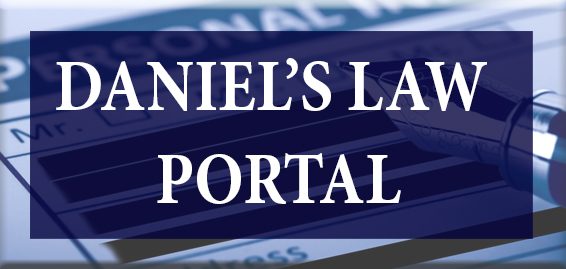By Scott Miccio
Two years ago, voters went to the polls in New Jersey and overwhelmingly supported the legalization of recreational cannabis sales and use. Over two-thirds of those who voted, supported the measure. Two-thirds! These days, two out of three people can’t agree on much, like whether a hot dog is a sandwich (it is, by the way), but on this, New Jerseyans were in lockstep.
Since then, much has happened, but the industry has yet to hit its…
Read more





